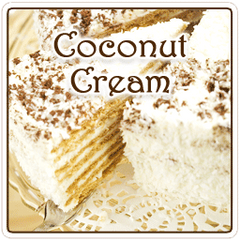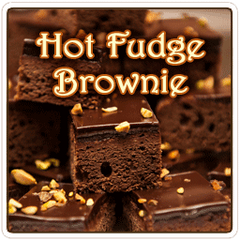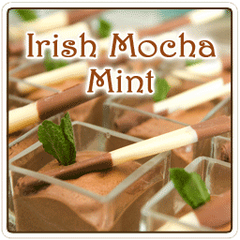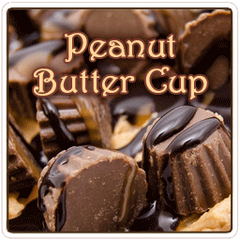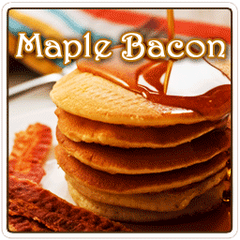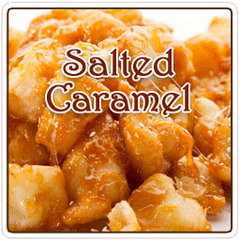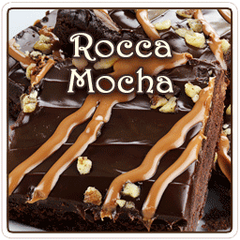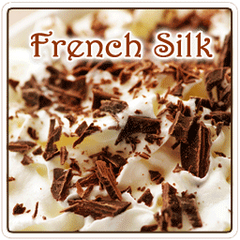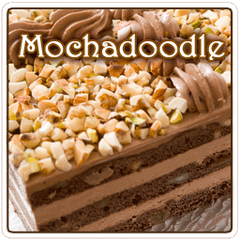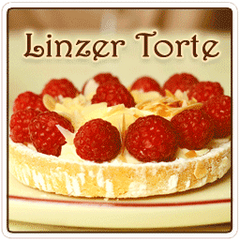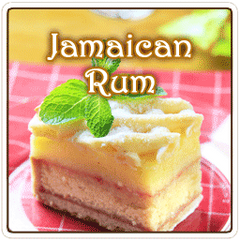Gourmet Coffee from Hawaii
Kona, on the southwest coast of Hawaii, the largest island of the Hawaiian chain, produces the most famous and the most traditional of Hawaiian coffees. Coffee has been grown in smaller quantities elsewhere on the islands since the early days of European settlement, but encouraged by the impending closure of sugar and pineapple plantations and the tourism-induced popularity of Hawaiian coffee, large commercial concerns now have established plantations on the islands of Kauai and Molokai. Similar efforts soon may follow on other islands.
The original Kona coffee was, and still is, grown on small farms above the Pacific on the lower slopes of Mauna Loa. The coffee trees are shaded by a cloud cover that appears regularly most afternoons (the famous "automatic shade"), just in time to protect them from the full devastation of the tropical sun.
In years past, the original Kona coffee appeared to be on the way to becoming a luxurious memory. A tourist-inflated economy, low coffee prices, and an aging population of grower-landowners appeared to be conspiring to doom the Kona coffee industry. In addition, local schools no longer timed their vacations to coincide with coffee-picking season. But that was before the coffee price hikes of 1977, before a flood of tourists began carrying the romance of Kona coffee back to their kitchens, and before a new generation of small, quality-oriented coffee producers appeared to consolidate and capitalize on the revival. That revival is now in full swing. Whether it has produced a better Kona coffee or simply more of it is still subject to debate, but the tourists are happy and the little coffee towns are humming again.
Kona is a unique and valuable American phenomenon, and at its most authentic is medium-bodied, fairly acidy, with some subtle winey tones, very richly flavored, and overwhelmingly aromatic when fresh. If you like to tantalize yourself with coffee fragrance before you drink, or find Indonesian coffees too rich, African coffees too winey, and Central and South American coffees too sharp, Kona may be the coffee for you.
